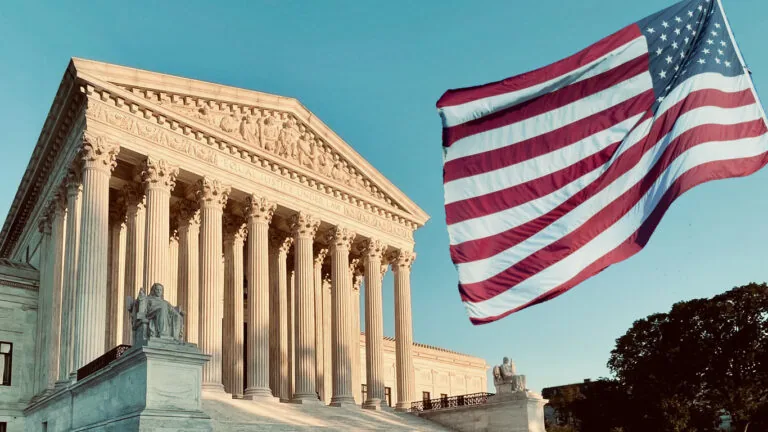Being accused of non-consensual sex in New York City is one of the most serious challenges a person can face. A conviction can mean years in prison, mandatory registration as a sex offender, and permanent harm to your reputation and future. Even before a trial, an arrest alone can damage relationships, careers, and community standing.
Facing these charges is serious, but it doesn’t mean the case is unbeatable. Each situation is unique, and the law provides multiple ways to question the evidence and the accusations. With a clear defense strategy, you have the opportunity to challenge the prosecution and safeguard your rights in court.
Common Defenses in Sexual Assault Cases
Defense strategies depend on the facts, the evidence, and the credibility of those involved. Some of the most common defenses raised in non-consensual sex cases include:
- Consent: In many cases, the defense centers on proving that the act was consensual. Messages, witness accounts, or the history of a relationship can help demonstrate that both parties agreed to what took place.
- Mistaken Identity: Misidentification happens more often than people think, especially when events occur in crowded, poorly lit, or chaotic settings. Lineups and photo arrays can also be flawed.
- Unreliable Testimony: Memory fades, stories change, and witnesses may contradict themselves. Highlighting inconsistencies in statements can weaken the prosecution’s case.
- Forensic Issues: DNA and other scientific evidence may not always be as clear-cut as prosecutors claim. Samples can be contaminated, transferred, or misinterpreted.
- Police or Prosecutorial Misconduct: If your rights were violated, such as being questioned without an attorney or subjected to a flawed lineup, evidence could be thrown out.
Each defense has to be carefully matched to the facts. What works in one case may not apply in another, which is why a detailed review is always the first step.
The Role of Evidence in Building a Defense
Evidence is at the center of any non-consensual sex case, and challenging it can be the key to a strong defense. Defense attorneys often examine:
- DNA and Forensic Testing: Results may be incomplete or inconclusive. Contamination or lab errors can lead to misleading conclusions.
- Digital Communications: Text messages, call records, social media, and location data can shed light on whether contact was consensual or whether an accuser’s story has shifted.
- Medical Records: Hospital or clinic reports may not align with allegations. They may also provide information that supports the defense.
- Video Surveillance and GPS Data: Technology often plays a role in confirming or disputing timelines and locations.
By carefully reviewing every piece of evidence, a defense lawyer can identify weaknesses in the prosecution’s case and raise reasonable doubt.
How Attorneys Approach Consent-Based Claims
Many NYC cases hinge on the question of consent. These situations are particularly complex because the two accounts can be completely different. The prosecution may argue force or coercion, while the defense presents evidence that the encounter was consensual.
We know how important it is to look beyond “he said, she said.” Attorneys often examine:
- Messages or calls before and after the encounter
- Witnesses who observed interactions between the parties
- Behavioral patterns that either support or undermine the accuser’s claims
By bringing these details forward, the defense can show that the prosecution’s version of events does not tell the whole story.
Working With a Defense Lawyer in NYC
Non-consensual sex cases move quickly in New York City courts. From the moment of arraignment, prosecutors start building their case. A defense lawyer’s role is to stay one step ahead by:
- Reviewing charges and discovery material
- Interviewing witnesses and gathering evidence
- Identifying constitutional violations
- Working with forensic and medical experts
- Negotiating with prosecutors when appropriate
Local knowledge matters. Each borough’s district attorneys and judges have their own approaches, and an attorney familiar with New York City courts can help you understand what to expect and how to prepare.
Moving Forward With the Right Defense
Your reputation, freedom, and future are on the line when facing charges of non-consensual sex. While the accusations are serious, you are not without options. Strong defenses exist, and with an experienced defense team, you can challenge the case against you.
The Fast Law Firm is here to defend you in New York City. If you are facing these charges, don’t wait to get legal help. Contact us today for a confidential consultation and take the first step in protecting your rights.
Frequently Asked Questions
Can I be charged if there was no physical evidence?
Yes. Prosecutors can rely on testimony alone, but a lack of physical evidence can be a strong point for the defense.
What happens if the accuser changes their story?
Inconsistencies can undermine the prosecution’s case. A defense lawyer will highlight these changes to cast doubt on credibility.
Will my case go to trial?
Not always. Some cases are dismissed, reduced, or resolved before trial. Others proceed to a jury. A defense lawyer will prepare for every possibility.


